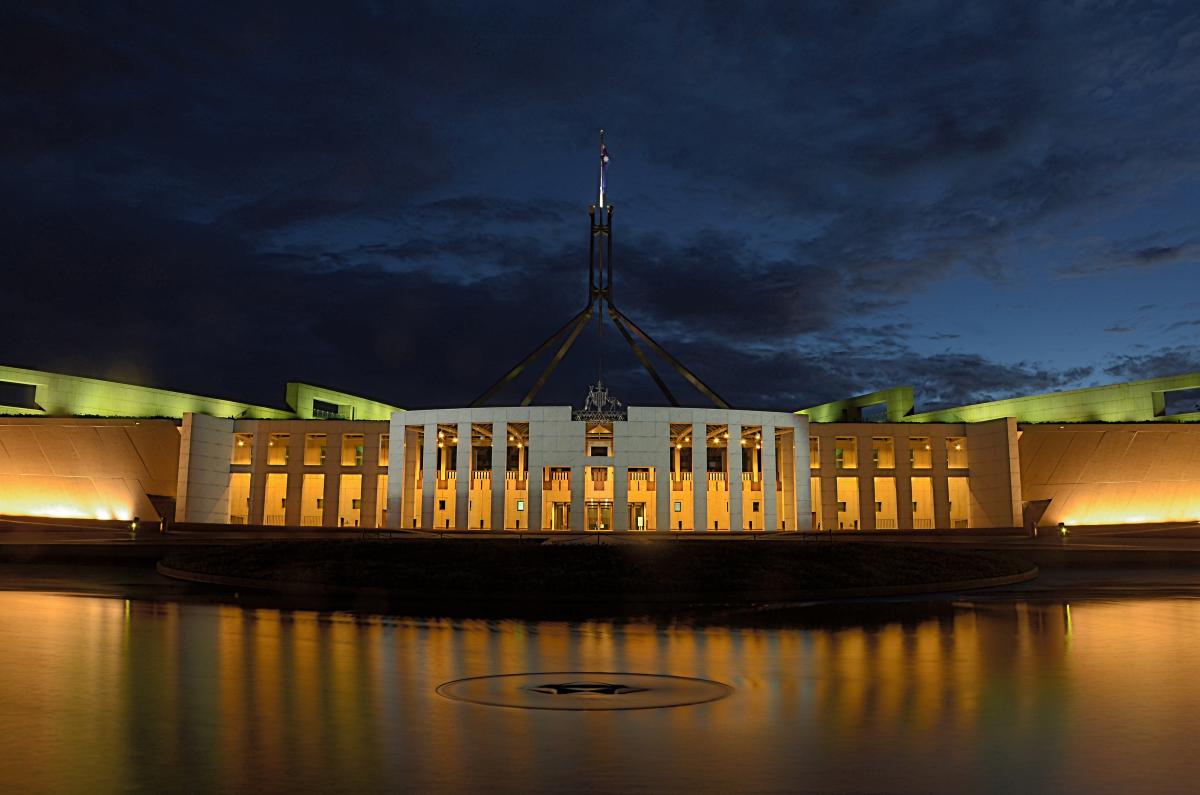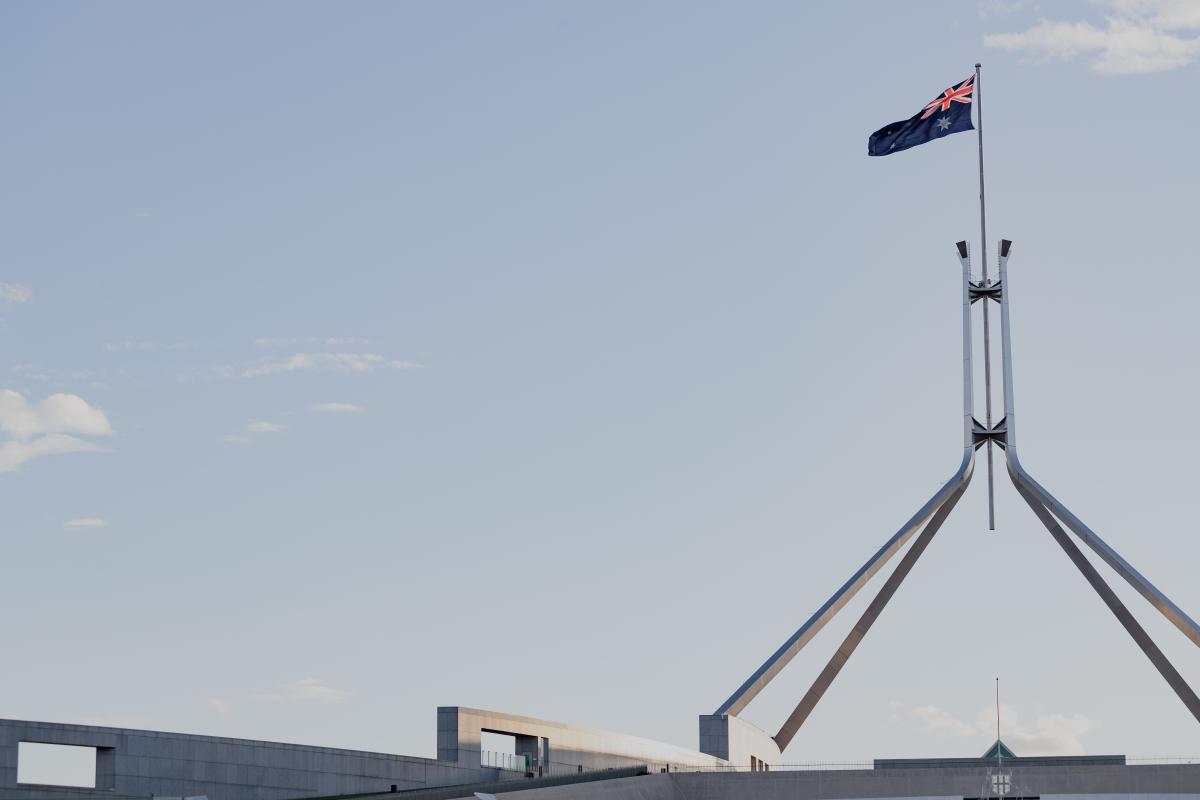While just three ultimate end states remain the same - no deal, deal, no Brexit – the former is becoming increasingly likely, and the routes to achieve them are also crystallising.
This week will see rebel Conservatives join forces with other parties to seek to extend the Brexit deadline, while Team Johnson has vowed to eject and deselect any Tory MPs seeking to undermine his no deal position.
It is hard to see any outcome being reached without an election being called to give the Prime Minister the majority he craves. The question is whether Labour would vote in favour of an election (which could fall in November), having spent the last three years calling for one, or whether they follow Tony Blair’s advice not to “fall into the trap” of enabling an accidental no deal.
Buckle in for the biggest week in politics since the last. But this time we may well see the real splitting of the Conservative Party and without doubt a test of nerve on all sides.





